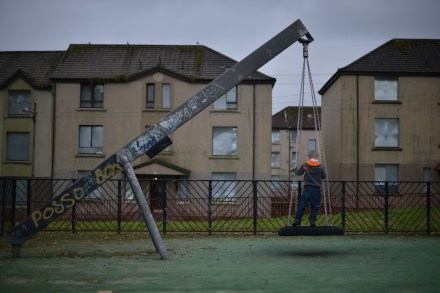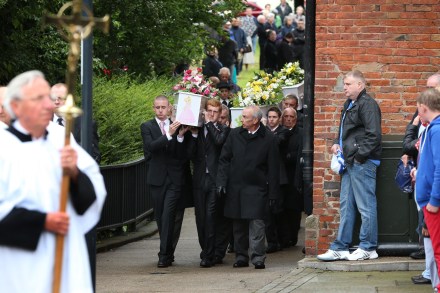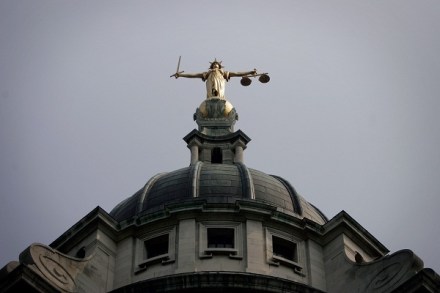The hidden shame of Britain’s crime statistics
The press, declared Lord Leveson, must not be allowed to mark its own homework. There is one profession, however, which the government seems quite happy to allow to judge its own success. Every few months we are presented with the latest set of crime statistics and invited to believe that crime is falling, clear-up rates are improving and so on. It would be much more convincing if the figures for recorded crime were not themselves compiled by the police — a group with a rather obvious vested interest in presenting those figures in the best possible light. A set of figures teased out of the police this week presents a



















